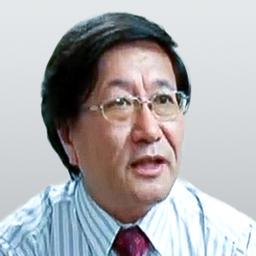Commentary
Among the challenges that President Joe Biden is facing, the issue of U.S.–China relations is undoubtedly on top of the list.


Among the challenges that President Joe Biden is facing, the issue of U.S.–China relations is undoubtedly on top of the list.